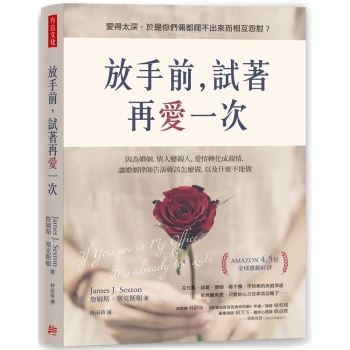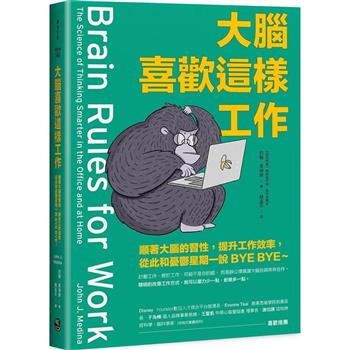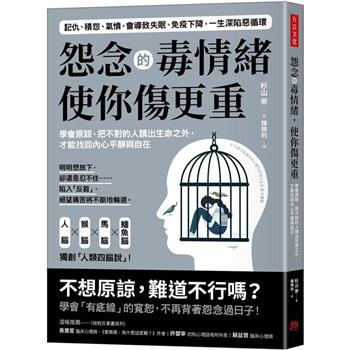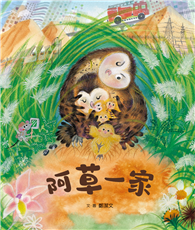Based upon extensive archival research and bringing to life the words and actions of extraordinary individuals from the early 20th century, this book calls into question contemporary assumptions about the appreciation of diversity as a solely postcolonial phenomenon. It shows how Bahá’í, Muslim, and Jewish leaders prior to and during WWI found value in the existence of many different religions, races, languages, nations, and ethnicities within the British Empire. Recognition of this heterogeneity combined with sympathy for certain liberal traditions allowed those historical actors to engage with that imperial state and culture in ways that would have an impact on future generations and relevance to modern debates.
| FindBook |
有 1 項符合
An Empire of Many Cultures: Bahá’ís, Muslims, Jews and the British State, 1900-20的圖書 |
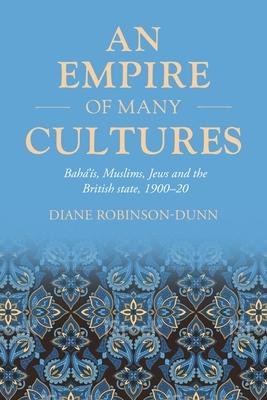 |
An Empire of Many Cultures: Bahá’ís, Muslims, Jews and the British State, 1900-20 作者:Robinson-Dunn 出版社:Manchester University Press 出版日期:2024-04-30 語言:英文 規格:精裝 / 304頁 / 普通級/ 初版 |
| 圖書選購 |
| 型式 | 價格 | 供應商 | 所屬目錄 | $ 7800 |
殖民主義和後殖民主義 |
|---|
| 圖書館借閱 |
| 國家圖書館 | 全國圖書書目資訊網 | 國立公共資訊圖書館 | 電子書服務平台 | MetaCat 跨館整合查詢 |
| 臺北市立圖書館 | 新北市立圖書館 | 基隆市公共圖書館 | 桃園市立圖書館 | 新竹縣公共圖書館 |
| 苗栗縣立圖書館 | 臺中市立圖書館 | 彰化縣公共圖書館 | 南投縣文化局 | 雲林縣公共圖書館 |
| 嘉義縣圖書館 | 臺南市立圖書館 | 高雄市立圖書館 | 屏東縣公共圖書館 | 宜蘭縣公共圖書館 |
| 花蓮縣文化局 | 臺東縣文化處 |
|
|
圖書介紹 - 資料來源:博客來 評分:
圖書名稱:An Empire of Many Cultures: Bahá’ís, Muslims, Jews and the British State, 1900-20
|

